Lands without borders. What can be easier and less stressful. In the past when I revisited Europe (that was before the pandemic) I always stayed the minimum of three months, which in my case is also the maximum allowable – as a Canadian. It has happened, when last in Berlin, Germany, 2010, I needed an extension visa, as my stay there at a vacation apartment in Berlin-Kreuzberg had been over four months. For that purpose I needed to stand in line at a local immigration center. All others who were also waiting in line – mostly from the Middle East wearing a hijab, or Africans – staring at me. A former German, being born in that country, having left that country in 1965, and now a “foreign Canadian”. I got my extension visa for 10€. During this same stay in Berlin, I had also booked an 8-day trip to Saint Petersburg, Russia. Difficult to get a visa for Russia. In Berlin, I stood in line outside the Russian Consulate with mostly Russians and Germans, requiring visas. Mine was automatically refused, because I am Canadian, and as such I needed to return to Canada, apply there for a Russian visa.
What I needed is proof of residency in Germany. Not easy with a stay in a vacation apartment. I went to see the local city department for getting a residency form. The lady there refused. I begged her, (I had already booked the trip and paid for it). Finally, she gave in and gave me this form. (Why was that possible ? because I speak the language.)
Returning to the Russian Consulate, – standing in line again – an agent finally granted me a big nice one-page colourful visa for one month. How nice ! In general I found that visiting Russia had been otherwise stress free. Language-wise, one can talk to people, sometimes German, often French. No problem. Easiest travel was from Germany to Spain, airport to airport, you arrive in Spain, walk out without any border controls.
Several times I booked a stay for longer than 3 months. When leaving the country, border controls any country never seem to care, but when arriving back in Vancouver, Canada, they make a big fuss about one day longer.
I know Europe so well, being born there, worked in many countries, travelled extensively everywhere, never had a real problem. Borders are so close. Often booking a months’ long stay in one country allows to just walk over a bridge to be in another. And the best of this is, to speak all those different languages.
Grenzgebiete – border areas. A good example is the most southern part of Germany with one of the biggest lakes Lake Constance (Bodensee), 570 km². Konstanz, the largest city on the borders of this lake is a delightful very old city, which during WWII did not get bombed out, because of its vicinity to Switzerland. [The burghers simply turned off their light during the bombing raids, and being this close to the Swiss border, got saved]. The house where I rented was very old, thick stone walls, Roman origin, no Internet of course. A nearby public library had access, though.
I spent four months there and made many trips to Switzerland, you can almost walk there from the city. Re-visiting Geneva, where I worked for UNESCO/BIE for my last assignment, before leaving for the United States. The lake, one of the largest, which shares three countries – Austria, Germany, Switzerland. All easily and fast to visit, from Konstanz. [In Europe I always use the train.]. Another trip to Austria, and further on to Vienna. All so close. When on the train to Geneva, there were camouflaged) border controls, checking passengers. Just walking through.
France – my favorite country. The southern part by the Mediterranean See, a hop and a skip from Italy, Monaco, and across to North Africa. Tunisia – no visa required for up to 120 days (I spent months there); Morocco, can stay for 90 days; my last visits 2012. Tunisia border controls – beware. In the 1970s I had overstayed my visit, and the plane to return to Holland only flew once a week. Twice I could not return. Then the next week, a Dutch pilot and his crew simply took me in the middle, walking up to the plane. To get out. These border controls are carrying arms. So are the Federales in Mexico.
Many changes since the 1960s, travelling from North Germany to Berlin, at that time still occupied and shared by four countries. Dangerous. Special trains, because many East Germans trying to flee the DDR (East Germany), hiding underneath a train. The Stasi and VoPo controlling all passengers. [What I did is, not take any compromising passport with me- like when I worked for the European Space Agency/ESTEC in Holland. If someone asked, what I do: “I am just a simple secretary.”].
Now all this has changed over the years. I wonder how it works out now, with the UK out of the EU. As a Canadian and a visitor I can stay in the UK for up to 6 months, as this is all part of the British Commonwealth.
[Nowadays, the British monarchy rules over 15 remaining realms, including the United Kingdom, Australia, Canada, New Zealand, Jamaica, Antigua and Barbuda, the Bahamas, Belize, Grenada, Papua New Guinea, Solomon Islands, St. Kitts and Nevis, St. Lucia, St. Vincent and the Grenadines, and Tuvalu.Sep 22, 2022].
With all this said and done, Imagine North America – where I arrived 1974 in the USA – then since 1976 Canada, it is huge. In fact Canada is so huge, takes a lifetime to see all of it. Nice ? yes, lots of space, but can also be boring at times. Still, Canada is the safest country to live.






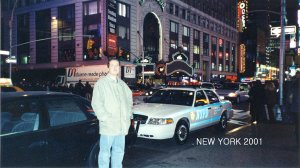

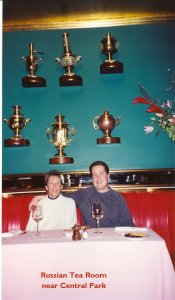

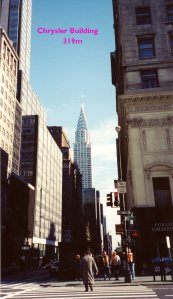
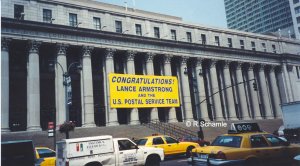 5
5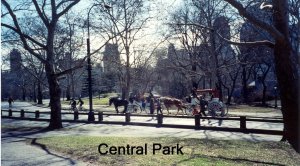
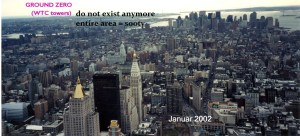


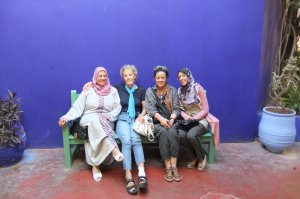


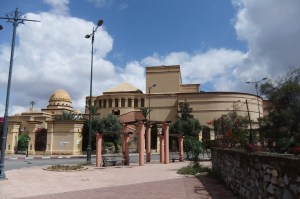
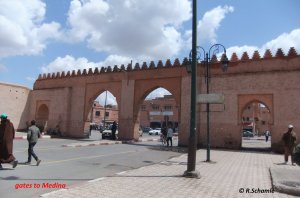













SURVIVING HEAT WAVE
Recent heat wave here in Western Canada, British Columbia, was over 40C in most areas. Resulting among others in over 400 deaths in the Vancouver area alone, mostly among seniors. [ https://www.cbc.ca/news/canada/british-columbia/sudden-deaths-heat-wave-b-c-1.6086770 ], deaths related to this heat.
For the past 50 years in Canada I have been subjected to many heat waves, some during travel for work (Ottawa) and also Quebec, Montreal, during summer. I learned then that in addition to drinking lots of water, which really is only for your inside, that also the outside of your body, the skin, is heating up tremendously.
One fact is: Heat always rises, while water always runs down. Meaning, that during a heat wave, the body temperature rises, and the upper part of the body needs to be cooled down as long as the heat wave lasts, that means 24/seven.
How to take at least simple precautions: Use a cotton kerchief for the neck (I have many from my Cowboy days in Alberta), soak it thoroughly in cold water and tie it around your neck. This prevents heat rising to you head, and knock you out. Secondly, soak your T-shirt in cold water and wear it. As the body heats up, this needs to be repeated hourly. In addition, if I have to go out somewhere, always take a bottle of cold water, to re-soak and drink. I have done this regularly for every bicycle trip as well.
I survived this last heat wave, alone, without anybody helping me, and I am over 80 years old.